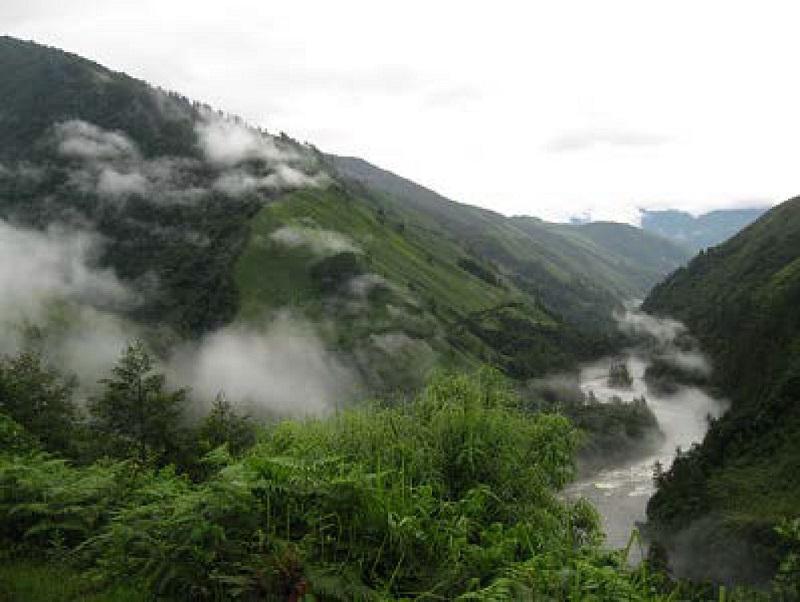Sindhu Radhakrishna
Arunachal Pradesh in north-eastern India is listed among the 200 globally important ecoregions, yet much of its wildlife remains relatively unexplored. The objectives of our study are to conduct population surveys for two virtually unknown primate species that are found there – the nocturnal Bengal slow loris Nycticebus bengalensis and the newly discovered Arunachal macaque Macaca munzala - in order to estimate their abundances and evaluate conservation threats affecting their survival in Arunachal Pradesh.

Among the primate species found in north-eastern India, the nocturnal Bengal slow loris and the newly discovered Arunachal macaque rank among the least-studied primate species in the world. Our research efforts across north-eastern India have been aimed towards documenting distributional and ecological information about its little-known primate species, particularly the Bengal slow loris and the Arunachal macaque, and the current project is a continuation of those efforts to investigate the conservation status of the two species in another biodiversity-rich, yet unknown, region in this area.
The main aims of our study are to conduct population surveys for the two species in the government-protected forest areas and community forestlands of Arunachal Pradesh, with particular emphasis on obtaining information on survival threats that may endanger the continued existence of the two species in the state. Hence, the key outcome of our project will be an accurate overview of the current distributional and conservational status of the two species in the state. This data will not only provide a more informed perspective into the global population status of the two species but will also critically contribute towards their conservation in their natural habitats by identifying key populations of the species.
A secondary outcome of this study would therefore be the identification and promotion of key populations and their habitats as significant areas where conservation activities must be focused. We also intend to spread and increase awareness of the study species by conducting conservation education workshops in schools and villages, and thereby involve the local population in the conservation of the study species. We thus aim to initiate a multi-pronged conservation effort that will have a positive, and more importantly, long-term impact on the future survival of the study species in Arunachal Pradesh.